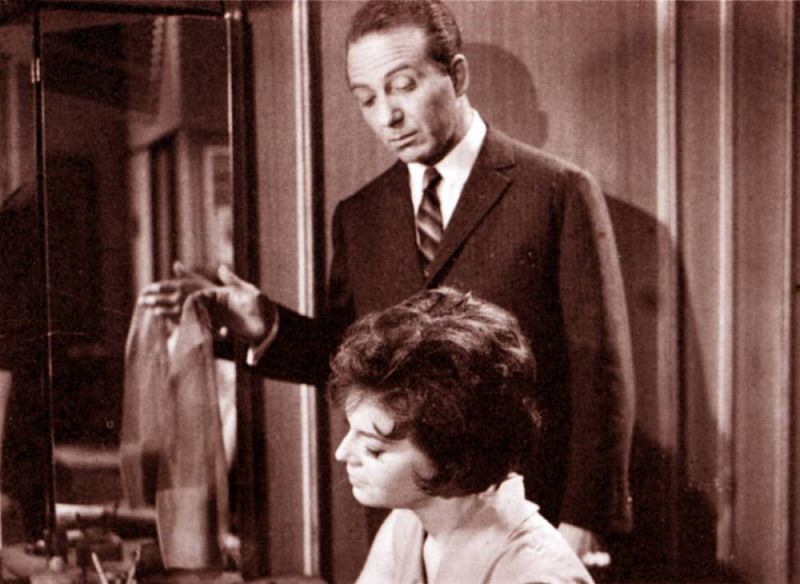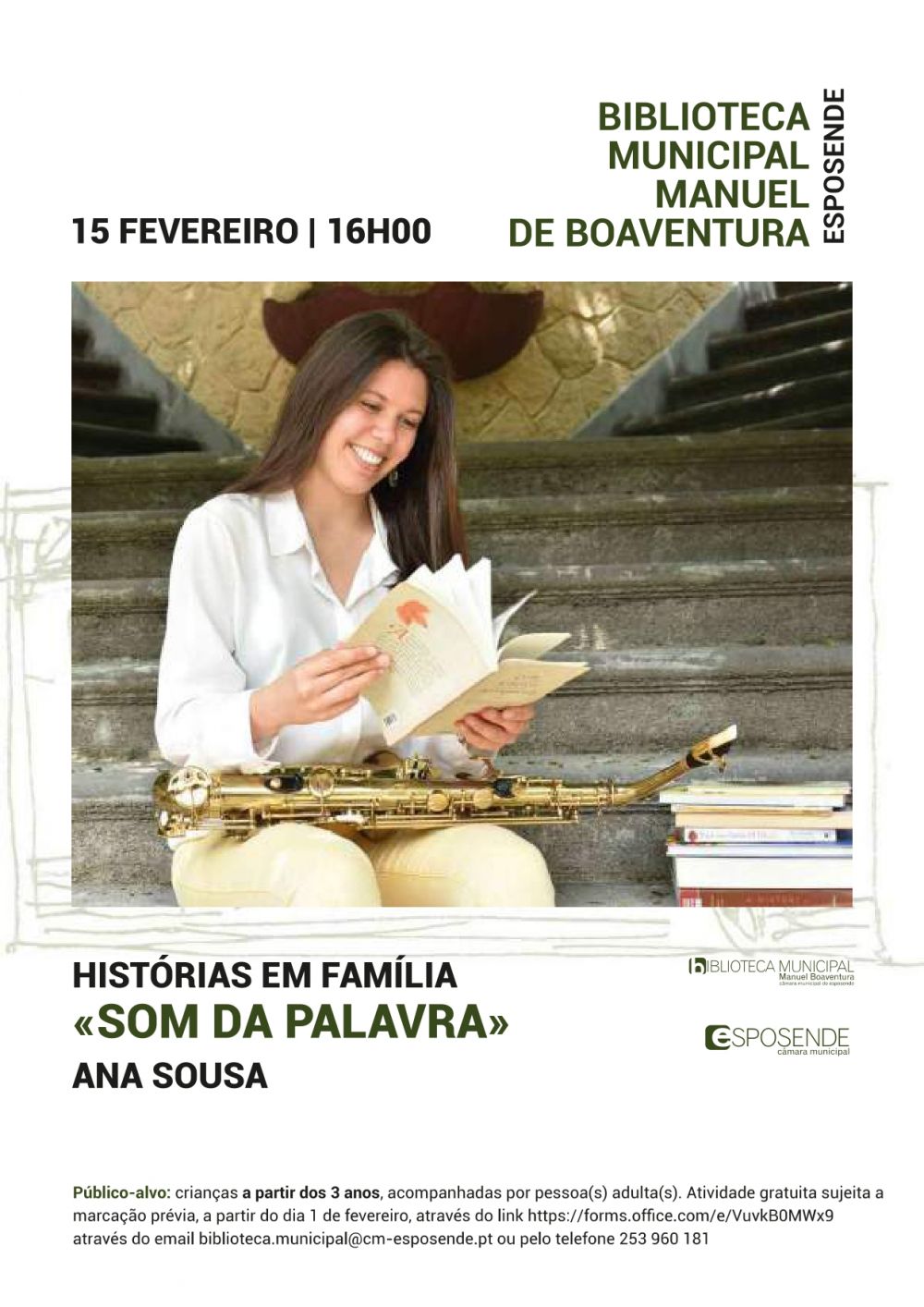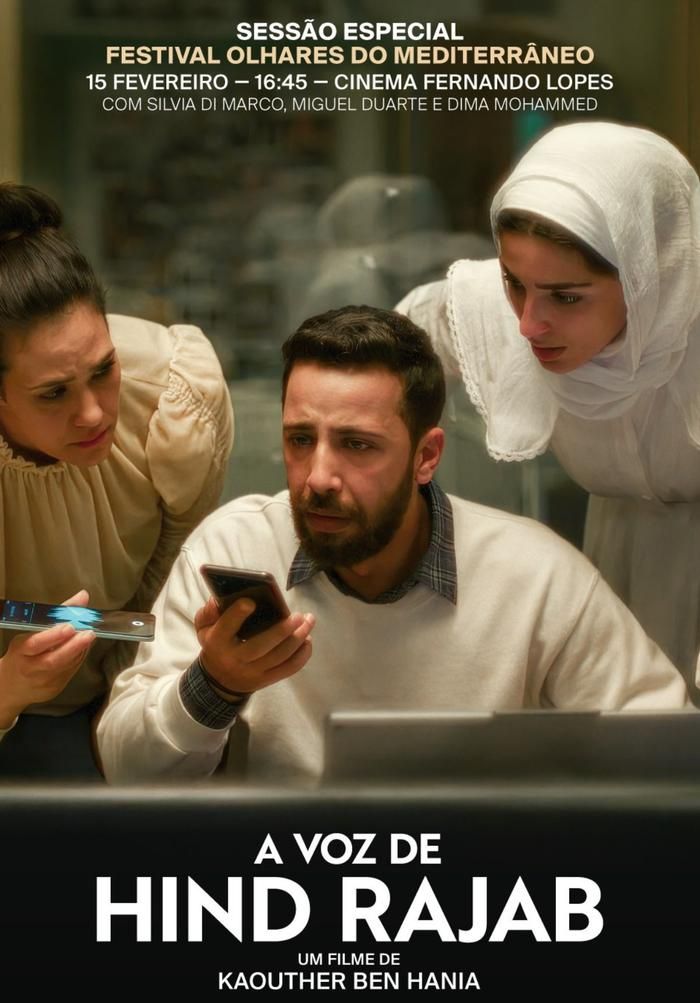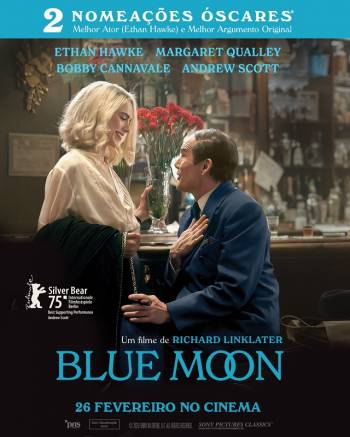Obras de referência da cultura portuguesa
"OS PÁSSAROS DE ASAS CORTADAS"
de LUÍS FRANCISCO REBELLO
Análise de Duarte Ivo Cruz
Tradução: Alexandra Leitão

A referência a uma peça isolada de Luís Francisco Rebello daria uma noção no mínimo redutora da obra dramatúrgica e da obra crítica e historiográfica, digamos assim, deste autor central do teatro português contemporâneo. Trata-se, com efeito, de uma visão abrangente, no ponto de vista da criação e no ponto de vista da análise. Ambas se completam e se prolongam, há mais de meio século, a verdade é essa, e há exatamente 50 para 51 anos, no que respeita à estreia “profissional” do dramaturgo, com “O Mundo Começou às 5 e 47” (1946): mas existem textos anteriores.
O mais interessante, no que respeita à criação teatral propriamente dita, será, por um lado, a modernidade da escrita, pese embora certa oscilação temporal que o autor, crítico lúcido e objetivo, vai corrigindo por vezes em sucessivas revisões: o que não desmente, nem desmerece, note-se bem, as versões originais, quando de facto foram aqui e ali revistas. E isto, tanto no plano da escrita teatral, como sobretudo no plano de conteúdos, como veremos adiante.
Mas antes, realce-se outro aspeto peculiar, e esse reside na passagem de estilos e géneros, desde um realismo social bem concreto e duro, por vezes próximo do naturalismo, até a versões que o autor chama de realismo não naturalista, e que por vezes toca o expressionismo, ou certo teatro épico-narrativo, quando não uma escrita poética de muito grande eficácia cénica. E aqui já podemos acrescentar que todo o teatro do autor é escrito, provado e bem realizado no palco e no espetáculo, esteja ou não mais próximo da realidade objetiva.
Aliás Rebello é um dos autores portugueses mais representados, em Portugal e fora. E como falaremos ainda mais no plano de uma cultura teatral abrangente, diremos que se deve referir também a mestria de numerosíssimas traduções.
Ora, acrescente-se então agora, toda a dramaturgia de Luís Francisco Rebello assenta, com variantes de grau mas com coerência, e independentemente das opções ideológicas mais imediatas, numa análise crítica da sociedade, dos seus problemas, das injustiças e até das vias de solução e correção, concorde-se ou não com elas. Este aspeto é muito importante, pois nunca estamos perante um circunstancialismo que se esgota em si mesmo: antes no quadro de opções e convicções, dentro de uma análise que os tais mais de 50 anos de escrita também foram moldando.
O paradigma desse modelo social, vazado numa escrita teatral realista, é quanto a nós “Os Pássaros de Asas Cortadas”. Para além do rigor teatral da escrita e da atualidade, apesar das mudanças ocorridas desde 1958, data da estreia, impressiona, ainda hoje, repita-se, a transversalidade, logo, a objetividade do conflito nas suas implicações sociais e de mentalidade. Porque não há aqui propriamente discriminação de classe, ricos contra pobres, poderosos contra fracos ou dominantes contra dominados: numa sociedade portuguesa que em muita coisa, repita-se, não mudou, o que encontramos é o profundo desencanto face a uma sociedade materialista, assente no salve-se quem puder, claro que desigual, e portanto com justificativas, ou falta delas, desiguais, mas tendo de comum a prevalência da sobrevivência sobre a justiça. Debate que obviamente é de hoje.
E diga-se para terminar que Luís Francisco Rebello, Historiador do Teatro, analista da dramaturgia e da cena mundial, é uma referência incontornável no plano da cultura teatral. E mais: dia a dia, a sua obra e a sua pedagogia continuam em evolução com sucessivos textos e títulos e isto, insista-se, nos dois planos em que a sua obra e a pedagogia se constroem.
"OS PÁSSAROS DE ASAS CORTADAS" by LUÍS FRANCISCO REBELLO
Referring to just one play by Luís Francisco Rebello would provide a restrictive idea of the plays and critical and historiographical works of this central writer of contemporary Portuguese theatre. It is, in effect, a wide-ranging vision, from the creative and from the analytical point of view. The fact is that both complete themselves and have existed for more than half a century, exactly 50 to 51 years ago, in terms of the playwright’s “professional” debut with “O Mundo Começou às 5 e 47” (1946), although there are previous texts.
The most interesting aspect regarding the theatrical creation proper is the modernity of the writing, despite a certain temporal oscillation which the author, a lucid and objective critic, sometimes corrects in his successive revisions: this, naturally, neither contradicts nor disparages the original versions, when they have been retouched here and there. It occurs both in the theatrical writing but above all in the contents, as we shall see below.
Before that, however, let us highlight another unusual aspect. This is the passage of styles and genres, from a concrete and harsh social realism, close to naturalism, to versions that the author calls non-naturalist realism, sometimes verging on expressionism or a certain epic-narrative theatre, if not poetical writing of great scenic effect. Here we could add that all the author’s theatre is written, tested and successful both regarding the staging and the performance, whether or not it is closer to objective reality.
Rebello, in fact, is one of Portugal’s most performed playwrights, here and abroad. As we will be talking further about an inclusive theatrical culture, we should add the mastery of various translations.
The time has come to say that, with varying but coherent degrees regardless of the more immediate ideological options, Luis Francisco Rebello’s dramaturgy is based on a critical analysis of society, its problems, injustices and even solutions and corrections, regardless of whether or not we agree with them. This is very important aspect, as we are never in the presence of circumstantiality as such, but rather a framework of options and convictions, from the point of view of an analysis that has also been moulded by those 50-odd years of writing.
The paradigm of this social model, set out in realistic theatrical writing, is in our view “Os Pássaros de Asas Cortadas”. Besides the theatrical rigour of the writing and its contemporary nature, despite the changes made as from 1958, when it was first performed, it is the transversal nature hence the objectivity of the conflict in its social and mental implications that still impresses us today. There is no class discrimination as such here, rich against poor, strong against weak, or dominating against dominated: what we find in a Portuguese society where not much has changed is a deep disillusion concerning a materialistic society, where people are concerned with saving their own skin, an obviously unequal situation and therefore with justifications that are or not unequal, having in common only the prevalence of survival over justice. This is obviously an extremely contemporary debate.
To end we should say that Luís Francisco Rebello, drama historian, analyst of dramaturgy and of the world stage, is an undeniable reference in terms of theatrical culture. More, every day his work and his teachings continue to evolve with successive texts and titles all established on the two planes where his work and his teachings are built.
projeto desenvolvido pelo Centro Nacional de Cultura
com o apoio do Ministério da Cultura

 Divulgue aqui os seus eventos
Divulgue aqui os seus eventos













